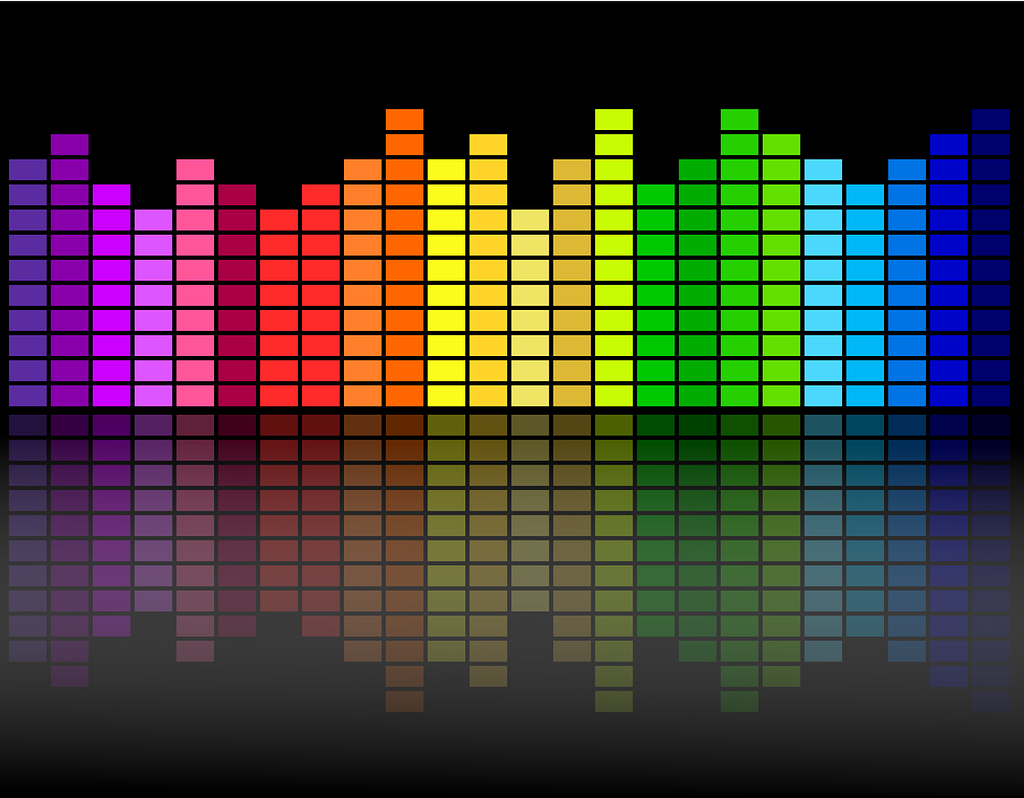Puerto Rico is where the music genre known as reggaeton first emerged in the late 1990s. Originally popular in Puerto Rico, reggaeton has now expanded throughout the world. It became a mainstream music genre with several worldwide hits and breakthrough collaborations. Subgenres like reggaeton urbano, which combines trap and electronic elements, are the result of the evolution and diversification of the reggaeton genre.
Continue reading to see how reggaeton has revolutionized.
Reggaeton History
The late 20th century saw the rise of reggaeton in Puerto Rico. It evolved as a combination of several musical genres and cultural elements. Reggaeton emerged in the 1990s mainly as an underground phenomenon, with musicians creating and releasing songs using mixtapes and underground clubs in NYC and Puerto Rico.
An article by KID Museum, an experiential museum, says, “Once Reggaeton came out from underground and began to be played on the radio, some people thought that this music was inappropriate because the lyrics can contain controversial or violent themes.” Reggaeton musicians frequently address social concerns, spread encouraging ideas, and call for change. Some of their songs include upbeat lyrics and alarming subjects.
Cultural Influences
Many different cultural traditions and heritages from the Caribbean and Latin America affect the music genre. An article by Yellowbrick, a program that creates educational experiences to be successful, says, “primarily influenced by Jamaican dancehall and Panamanian reggae en español.” The unique beat patterns and synchronized rhythms of Caribbean music genres such as reggae, dancehall, and soca are the core of reggaeton’s rhythmic base.
The traditional Latin American music genres of cumbia, merengue, salsa, and bomba affect the genre’s musical style. This enhances its diversity in melody and rhythm.

Well-Known Artist
One well-known artist is Don Omar. Don Omar is renowned for his upbeat live performances and number-one singles, including “Dile,” “Danza Kuduro,” and “Hasta Abajo.” Another well-known artist is Daddy Yankee. Daddy Yankee, also known as the “King of Reggaeton,” is a significant and early member of the genre. With singles like “Gasolina,” “Limbo,” and “Despacito” (co-written with Luis Fonsi), he became well-known around the world.
A third well-known artist is J Balvin. Renowned for his versatility in Latin music, J Balvin has had a lasting impact on the genre with singles including “Mi Gente,” “Ay Vamos,” and “Ginza.” He’s often credited with helping to globalize this genre.
Conclusion
Reggaeton, a resilient and adaptable genre, has evolved from an underground movement in Puerto Rico to a global phenomenon. Its roots in Caribbean rhythms and urban culture, Latin American music, and global trends have sparked controversies and empowered marginalized voices.
To see more music articles, visit Ferry Godmother Productions.

